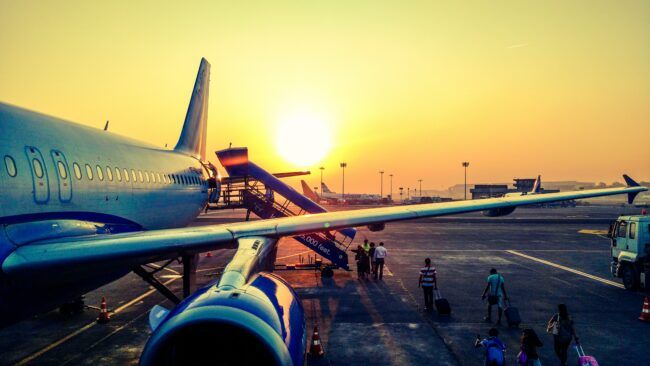Moving abroad is an important life change that is both exciting and challenging. The list of things to take care of before you can feel settled in the new country is seemingly endless, and even the most meticulous planners will find themselves stressed at some point. One way to minimise the hassle associated with moving is to have all your paperwork ready ahead of time, so that you don’t scramble at the last minute to retrieve an important document, or worse, realise you are missing something crucial when you are far away from your home country.
Below is a list of the most essential documents you will need. Keep the originals with you, but make sure to create paper and digital copies. Keep in mind that for some of the documents, you may need to provide notarised translations depending on their intended use.
Passport/national identity card. The ‘king’ of travel documents – the passport – is the first item that should go into your travel bag. If you are a citizen of one of the EU 27 Member States, Iceland, Liechtenstein, Norway or Switzerland, you can also use your national identity card as a travel document within those countries. Check your documents’ expiration dates to make sure they are valid.
Birth certificates for everyone involved in the move. If you are married, you will also need your marriage certificate. If you do not currently have these documents, they can be issued at your home country’s registry office, so check ahead of your move.
Medical records. These are crucial for ensuring a smooth transition of your healthcare between countries, equipping your new provider with the necessary information about your medical history and needs. Vaccination records should also be part of this package, especially for young children who may not yet have completed their immunisation schedule.
Academic and professional certificates. These are issued at the relevant academic institutions. You will most likely need to provide them to your new employer.
Education and school records. This applies mainly to children travelling with you, but you will also need your school/university transcripts if you are planning to continue your education abroad while working.
Driving licence. If you drive, you will need this to rent or buy a car at your new destination, and you must be able to show it to the authorities if you are ever pulled over. Make sure to check what applies in your destination country. In general, if your licence has been issued by one of the above-mentioned countries, it will be valid across EU borders. It is important to note that in the EU, a driving licence is not considered a valid form of personal identification.
Proof of address. You will be asked to provide this on numerous occasions, for example when opening a bank account, requesting a loan, or registering for local government services. A utility bill or a rental/purchase contract serve this purpose well.
If you have pets, don’t forget their papers, too! These include a valid European pet passport and an EU animal health certificate. Before travelling with your pet, thoroughly check all requirements for travel, as well as entry in a new country.
More information: Eures.







Leave a Reply